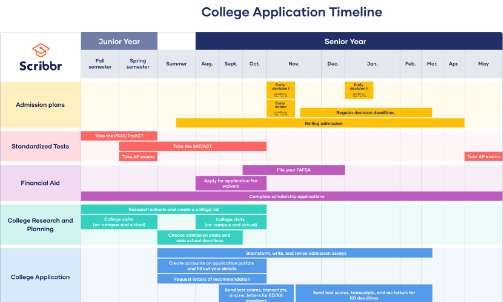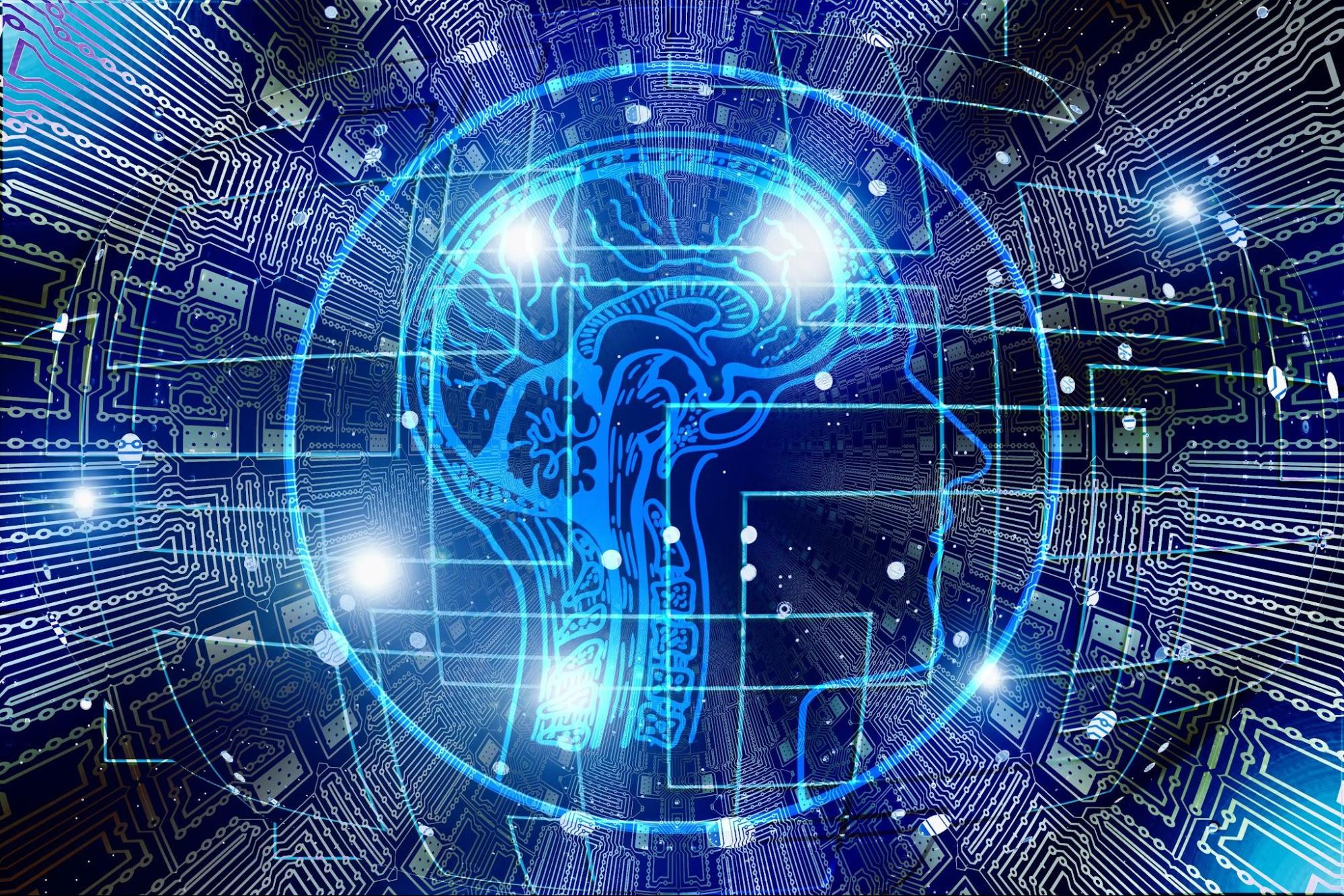As the holiday season approaches, there is one common thing that is on everyone’s mind: gifts. Everybody looks forward to both giving and receiving gifts. Some people say that the look of joy on a person’s face when they receive a gift far outweighs the swirl of emotions when opening one, while others say the opposite. But scientifically, which is actually better?
When one gives or receives a gift, hormones, such as dopamine, are released in the body. This activates certain regions in the brain that are associated with the built-in reward mentality. In this aspect, gift-giving and gift-receiving have very similar impacts on the brain. But, there is one aspect that sets gift-giving apart from gift-receiving: oxytocin.
When giving gifts, the reward pathways activated in the brain release oxytocin, which is nicknamed the “cuddle hormone.” It is a neuropeptide, a chemical messenger, that is a sign of trust and connection. This is different from dopamine, which is usually associated with the brain’s reward system and referred to as the “feel-good hormone.” Dopamine is activated during the actions leading up to the gift-giving process, such as shopping, wrapping, and when receiving a gift. So why isn’t this hormone activated during the actual giving of the gift? Since gift-giving is a social activity, oxytocin is released instead, which provides longer lasting benefits to the brain. The oxytocin triggers the subgenual prefrontal cortex, which is an area of the brain that makes social interactions pleasurable. For example, some investigators from Zurich, Switzerland conducted a study where they gave 25 people $100 to spend on themselves and another 25 people $100 to spend on others. Then, they measured the brain activity associated with pleasure of the two groups. They found that the group who spent money on others reported higher levels of happiness.
Although science clearly indicates that gift-giving takes the lead over gift-receiving, gift-giving can have the opposite effect if under the wrong circumstances. It can be an extremely stressful process for some due to factors such as worrying whether the person will like the gift, how expensive it is, or even just the stress of shopping. For example, if one is not satisfied with the gift they are giving, the part of the brain that signals distress is activated. This makes the benefits of gift-giving almost non-existent, because despite how much oxytocin or dopamine is released, stress will always overpower it.
Overall, although according to science, gift-giving provides greater psychological benefits, the question of which is better completely depends on the person and the situation. On one hand, gift-giving provides long lasting feelings of love and comfort that can feel extremely rewarding. On the other hand, if gift-giving is viewed as a chore, it may only be a source of stress in one’s life. However, regardless of whether giving or receiving gifts is better, it is clear both are important for the holiday spirit!
Works Cited:
Park, Soyoung Q., et al. “A Neural Link between Generosity and Happiness.” Nature News, Nature Publishing Group, 11 July 2017, http://www.nature.com/articles/ncomms15964.
Presents under Christmas tree. 2023. Bon Secourse Physical Therapy, http://www.bonsecoursphysicaltherapy.com/5-best-christmas-presents-athlete/. Accessed 8 Nov. 2023.
Schlozman, Steven. “The Psychological Gift of Giving a Gift.” Clay Center for Young Healthy Minds, 21 Feb. 2020, www.mghclaycenter.org/hot-topics/the-psychological-gift-of-giving-a-gift-2/#:~:text=Researchers%20at%20the%20National%20Institutes,dopamine%2C%20tend%20to%20reinforce%20behavior.
“What Happens in Your Brain When You Give a Gift?” American Psychological Association, American Psychological Association, www.apa.org/topics/mental-health/brain-gift-giving#:~:text=%E2%80%9CBut%20part%20of%20the%20uniqueness,trust%2C%20safety%2C%20and%20connection. Accessed 8 Nov. 2023.

 College Application Process: To Each Their Own
College Application Process: To Each Their Own